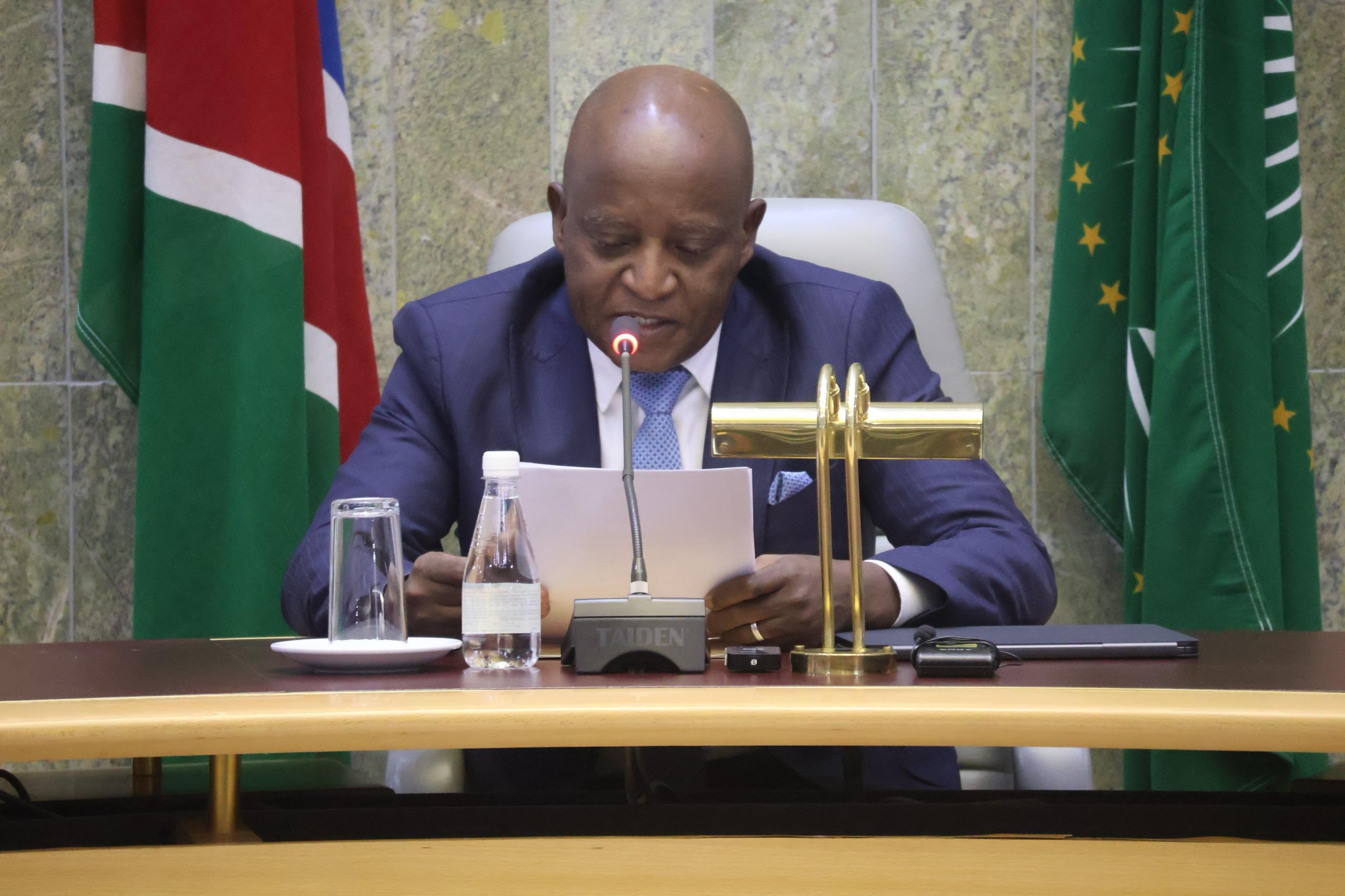A high Court judge has dismissed a lawsuit that the Affirmative Repositioning (AR) movement filed against the government and president Hage Geingob in a failed bid to enforce an agreement about the provision of serviced plots of urban land by the government.
In an order issued in the Windhoek High Court on Thursday, judge Orben Sibeya dismissed the claim that the movement filed against the government and the president in September 2020, and also ordered that AR should pay the legal costs of the two defendants in the matter.
The order was given after the lawyer representing AR in the case, Kadhila Amoomo, notified the court on Wednesday last week that AR has decided to withdraw its claim, in light of a Supreme Court judgement that was delivered two months ago.
The Supreme Court’s judgement dealt with an appeal that the government and the president filed after exceptions that they raised against AR’s claim against them were dismissed in the High Court in February 2021.
The Supreme Court, in a judgement delivered near the end of July, upheld the appeal and ruled that an agreement about the servicing of land in urban areas that AR and Geingob reached about eight years ago is not legally enforceable.
In the claim it filed in the High Court, AR said its leader, Job Amupanda, and the government, represented by Geingob, in July 2015 reached an agreement that 200 000 plots would be serviced countrywide and that at the same time AR would not continue with “its radical programme of action to occupy vacant land in urban areas”.
According to AR, it complied with its side of the agreement by not continuing with a campaign to occupy vacant land in urban areas. AR also said over the more than five years that passed from the time the agreement was reached until it filed its lawsuit against the government and the president, the government failed to service 200 000 plots of land, and instead managed to provide municipal services to fewer than 15 000 plots of land.
AR asked the High Court to direct the government to provide basic municipal services to 200 000 plots within a period of two years, or to service an additional number of plots to the number already serviced since July 2015 so that the total number of plots serviced reached 200 000.
In the Supreme Court’s judgement, appeal judge Sylvester Mainga stated that the agreement that AR wanted the court to enforce did not involve an intent to conclude a contract in the sense that is required for a legally enforceable agreement.
At most, the agreement was binding in honour only, and the president could walk away from the undertaking to get urban land serviced if other pressing issues, for example drought or a pandemic, required his attention, Mainga said.
He noted as well that in terms of the law on contracts, a contract promising a reward for not committing an unlawful act – such as AR’s undertaking not to continue with its plan to occupy vacant urban land, in exchange for the government’s undertaking to service 200 000 plots of land countrywide – is void.
Mainga also said that even if a contract was envisaged with the agreement, such a contract would be against public policy, because AR could not rely on an illegal plan to occupy vacant land in urban areas to claim it has fulfilled its end of the deal.
The Supreme Court set aside AR’s claim against the government and president, and ordered that AR should amend its claim, if it was advised to do so, within one month. If that was not done, the government and president could apply for the dismissal of AR’s legal action, the court ordered as well.
AR did not take part in the appeal hearing, which took place in the Supreme Court in June this year.
Stay informed with The Namibian – your source for credible journalism. Get in-depth reporting and opinions for
only N$85 a month. Invest in journalism, invest in democracy –
Subscribe Now!










